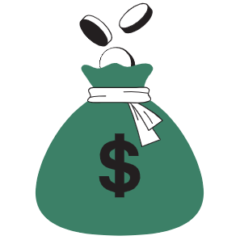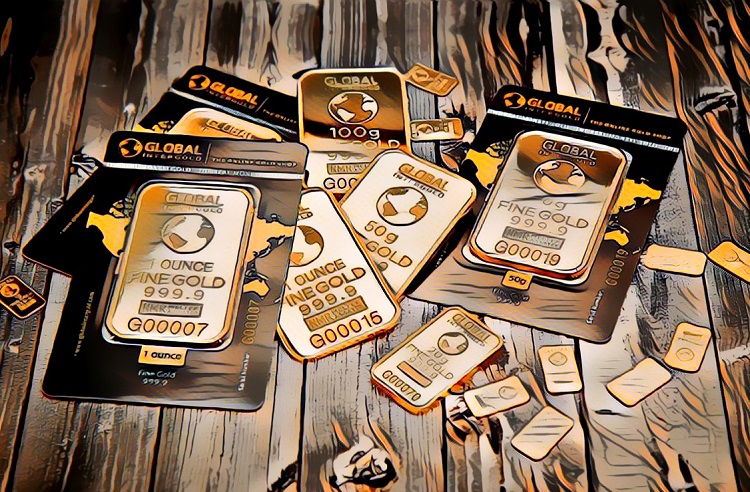Investing is like planting a tree. You put in the effort once and then the fruits keep on coming. That is akin to buying stocks. Dividends are the fruits, and the tree is the business behind the stock that pays those dividends. Stocks are deemed as perpetuities (dividend stream continues forever), but we all know nothing lasts forever – not the trees and not the businesses.
But the present value concept for valuing stocks takes business survival into account, which then gets reflected in the prices we see quoted on the stock exchanges each day.
Bonds are the same but with a defined term (not perpetual) and with deterministic cash flows (fixed interest payments). The same can be said of investment real estate and rents.
So, stocks pay dividends, bonds make interest payments and real estate pays rents. These cash flows are what we use to value each one of these investments.
There are no cash flows with commodities. They don’t return anything.
Take oil for example. It costs money to buy and then it costs more money to store. Same goes for gold, soybean and corn.
So why buy commodities? To use them in some form or the other and to make something out of them.
It is dumb to buy them as investments because they are not investments. They cannot be investments because they don’t produce cash flows.
The only way you’ll make money “investing” in say oil is if you sell it to someone at a price higher than what you paid for it. That is the definition of speculation. You may get the trade right one time. You are not going to get it right every time. Because you are playing a zero-sum game. For you to win, someone else has to lose.
And every once in a while, the price of any one of these commodities would go through a speculative boom.
But these things go in as raw materials in the stuff we buy and consume. And whatever we buy, it takes a business to produce.
The cost of a commodity hence is a line item on the profit and loss statement for that business under the big bad term called EXPENSE.
So, what does a business do if the price of a commodity causes its input costs to rise beyond what it can afford? It uses less of it. Or it finds a replacement for it. The demand for that commodity eventually wanes. Its price then falls back down to earth.
Here’s an example. If you were to peer into any one of the semiconductor chips that were the brains inside the gadgets you bought in the past, you would see connections made out of gold.
Then the price of gold spiked so what did the businesses making these semiconductor chips do? They replaced gold with copper. Not as great of a material as gold but businesses found their workarounds.
Here’s another example; the world population in the 1950s was two and a half billion people. Economists were predicting all sorts of shortages for many of the commodities we use today if the population were to rise even more. The term ‘Peak Oil’ had a similar premise.
What really happened? The population has more than tripled but the inflation-adjusted prices for many of the commodities we use today have never been cheaper. That is because as Allen Mattich of the Wall Street Journal puts it, when you buy commodities as investments, you are shorting human ingenuity.
Human ingenuity is the ultimate resource that makes all other commodities more plentiful. It may not happen overnight, but it will happen over time.
So, if you are investing in commodities, you are making a mistake. Because in this race between speculators expecting the price of a commodity to rise and human beings trying to survive and thrive, human beings will win. They must win.
Thank you for your time.
Cover image credit – Michael Steinberg, Pexels

